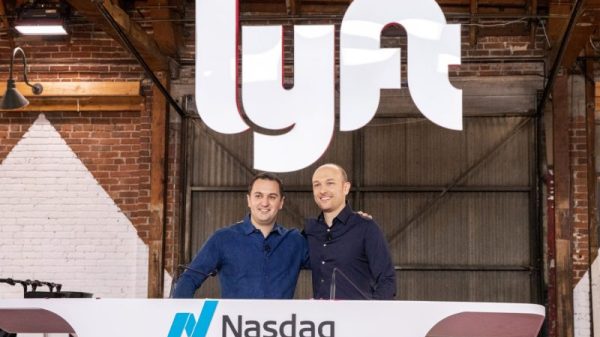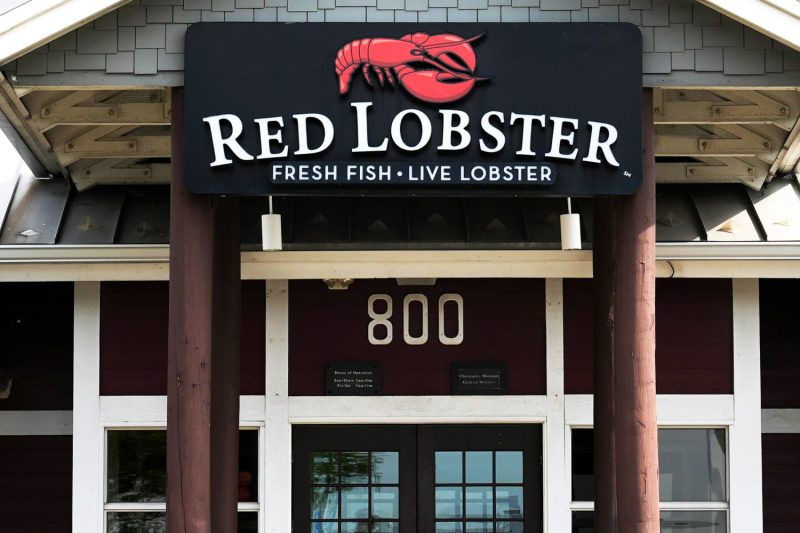Private equity firms are known for their strategic investments in various industries, aiming to drive growth and profitability. However, their involvement in the restaurant industry, particularly with popular chains like Red Lobster, hasn’t always yielded positive outcomes. Facing financial challenges and operational hurdles, Red Lobster found itself in the grips of private equity ownership, which ultimately influenced the chain’s trajectory.
One of the major issues that arose with Red Lobster was the focus on short-term gains over long-term stability. Private equity firms typically have a finite investment horizon, leading to decisions that prioritize quick returns, often at the expense of sustainable growth. Red Lobster’s transition from being a public company to a private entity under private equity ownership meant that profit generation took precedence over customer satisfaction and brand loyalty.
The shift in strategy also had implications for Red Lobster’s core offering – seafood. As a seafood chain, Red Lobster was known for its signature dishes and promotions such as the popular Endless Shrimp event. However, under private equity ownership, there was a push to cut costs and streamline operations, leading to changes in menu offerings and portion sizes. This move alienated many loyal customers who frequented Red Lobster for its unique seafood experience.
Furthermore, the financial engineering that often accompanies private equity involvement can burden companies with high levels of debt. Red Lobster faced increasing debt obligations as a result of leveraged buyouts, which constrained its ability to invest in innovation, marketing, and overall brand revitalization. This financial strain, combined with evolving consumer preferences and increased competition in the casual dining sector, posed significant challenges for Red Lobster’s long-term viability.
The impact of private equity ownership on Red Lobster serves as a cautionary tale for other restaurant chains and businesses considering similar partnerships. While private equity firms bring financial resources and operational expertise to the table, the alignment of long-term goals and strategic vision is crucial for sustaining success in a rapidly changing market landscape. Balancing profitability with brand value, customer loyalty, and innovation is essential for maintaining relevance and resilience in the competitive restaurant industry.
In conclusion, the case of Red Lobster highlights the complexities and risks associated with private equity ownership in the restaurant sector. The need for a holistic approach that prioritizes both financial performance and brand integrity is paramount for navigating the challenges of industry disruption and evolving consumer preferences. By learning from the experiences of Red Lobster and similar companies, businesses can make informed decisions about strategic partnerships and growth strategies that align with their core values and long-term objectives.


































